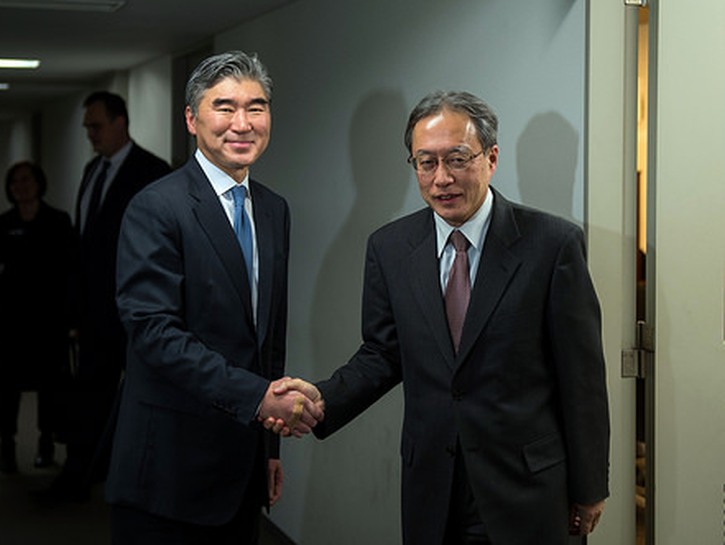In the last decade, the working world has seen lots of different shifts and trends toward a more equal, safe, and healthy work environment. In that last category, the most common implementation for improving employee health has been what are referred to as “wellness incentive” programs, which aim to encourage workers to make positive and impactful lifestyle choices.
According to a survey conducted last year by the Kaiser Family Foundation, 85 percent of large companies (and 58 percent of smaller ones) offer their workers opportunities to participate in smoking cessation, weight loss, or other lifestyle-modifying programs. A similar survey carried out by Aon Hewitt found that, of the companies offering such benefits, 79 percent use rewards like lower insurance premiums to try to prompt employees to take better care of themselves.
According to Aon Hewitt chief innovation officer Jim Winkler, “Employers are feeling the need to intensify their efforts to create an environment where people feel they are responsible for their own health.”
The corporate push to wellness often includes motivation in the form of incentives, typically financial, which can be tricky to define. They’re usually presented as discounts on insurance premiums for employees who agree to take a health risk test or maintain healthy numbers for weight or blood pressure. However, they can also be seen as penalizing those who don’t want to participate or can’t realistically reach goals for medical reasons. There are also companies that actually penalize or raise premiums for habits viewed as unhealthy, like being overweight or smoking.
But one Japanese company is taking wellness incentives in a different direction. Marketing firm Piala Inc. is offering its non-smoking employees 6 extra vacation days a year, inflating their paid time off to make up for all the breaks that smokers take every day. Hirotaka Matsushima, a spokesman for the company, said that Piala found smokers’ breaks were often in excess of 15 minutes a day.
To get its employees to quit smoking, a marketing company in Japan is offering extra vacation days to nonsmokers https://t.co/Pn8jKPhrRC
— New York Times World (@nytimesworld) November 2, 2017
Non-smokers in Japan are being offered six days extra annual leave – for free – to make up for colleagues who take smoking breaks pic.twitter.com/bVRJEUf97y
— ITV News (@itvnews) October 31, 2017
Many health experts are viewing Piala’s shift in policy as important, even though it is countercultural. In Japan, smoking is still very much seen as casual and acceptable, and they have much more lax laws regarding smoking in public places.
Only recently has the percentage of adults in Japan who smoke fallen below 20 percent. Roughly 130,000 people die every year of smoking-related diseases in Japan, and 15,000 more die of secondhand smoke-related diseases.
In the US, 15 percent of Americans smoke, compared to 20 percent in 2005. America has had much more of a public health crusade against smoking, and as a result, smoking rates continue to decline. In Japan, the effort is just not there.
“Japan is a nation that is leading the 21st century in scientific technology and industries, but when it comes to smoking regulation, it’s still in the 20th century,” Japanese Governor Shigefumi Matsuzawa said in an interview with ABC.
Don't do something that's killing you and get an extra six days off? Superb https://t.co/FCpS4ykMkN
— Jack Parsonage (@JackParsonage1) November 1, 2017
Eh.. As a chainsmoker myself, I think it's completely fair that non-smokers be given equivalent "fresh-air outside" breaks. https://t.co/0l6EaPn7Ld
— David Schenet (@DavidSchenet) November 1, 2017
But is their plan working? For now, the answer seems to be yes. Since Piala introduced the new policy giving nonsmokers more vacation days, 4 of the company’s 42 smoking employees have already thrown their packs away.
Shun Shinbaba, one of the new nonsmoking converts, said in an interview with CNNMoney that he used to smoke a pack every two days, and now he wants to use his bonus vacation time to play tennis.
Time will tell if we see such policies adopted at more companies in Japan, as well as in other countries that have high smoking rates. Could the US drive smoking rates even lower, maybe even 10 percent or less, if companies here start to offer extra vacation time for healthy behavior like smoking cessation? What do you think? Sound off in the comments down below!
